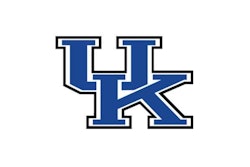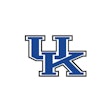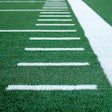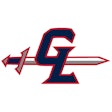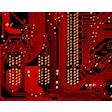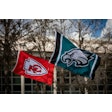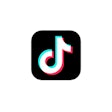Copyright 2017 News & Record (Greensboro, North Carolina)
All Rights Reserved
News & Record (Greensboro, North Carolina)
BALTIMORE — Joe Girardi is right: It's time for baseball to modernize its technology as the latest accusations of sign-stealing proves (again) that it's impossible to protect the communication between pitchers and catchers.
The fact that it's the Yankees and Red Sox who are engaged in spy-versus-spy only adds to the intrigue. You'd think nothing could further inflame the American League's most intense rivalry — until news that the Sox had cracked the code on the Bombers' signs during their most recent series at Fenway Park.
According to The New York Times, which first reported the story, the Sox used video replay personnel to illicitly glimpse signs throughout the three games between Aug. 18-20. Having correctly identified the sequencing by Gary Sanchez and Austin Romine, the information was then messaged to the dugout, first to a Boston trainer's Apple Watch, then to Dustin Pedroia, who was also in the dugout but on the DL. The veteran was able to give a heads-up to a runner at second base, where hand or body signals alerted the batter what pitch was coming.
I'm not opposed to sign-stealing; the practice is as old as the game itself. And don't kid yourself, everyone does it, including the Yankees. But the Bombers filed a protest with the commissioner's office based on the Sox' use of electronics, which are prohibited in the dugout during games.
Spying itself is not considered a violation of MLB rules, but Rob Manfred has to know there's no reversing the trend.
If the commissioner is smart, he'll specifically fine the Sox for use of the Apple Watch and then embrace the next wave of technology. He should permit catchers to wear headsets.
That's what Girardi has been advocating for nearly a decade, and it's hard to argue against him. The manager believes baseball should take its cue from the NFL, where plays are sent directly to the quarterback through helmet radios. The same could be done with a catcher, who would verbally communicate signs to his pitcher. Granted, he'd have to do so without being overheard by the batter. But speaking in code, not unlike a QB calling an audible at the line of scrimmage, would theoretically solve the problem.
Manfred is a strong proponent of baseball's technological revolution: He's pushed hard for instant replay's expansion and hasn't ruled out robots umpires calling balls and strikes in the future. The only question, as he correctly notes, "is whether fans are ready for that and if that's something they really want."
And to Manfred's credit, he didn't bite too hard on the Yankees' protest. Speaking to reporters in in Boston on Tuesday, the commissioner said, "We actually do not have a rule against sign stealing. We are 100 percent comfortable that it is not an ongoing issue. I do believe that this is a charged situation from a competitive perspective."
No kidding. The Sox responded to the Yankees' accusation by lodging a protest of their own, claiming the Bombers were using electronics — specifically a YES Network camera located at the end of the third base dugout — to steal signs.
Girardi said there was "no chance" such a camera was used for spying, but stopped short of denying the Yankees were in the espionage game, too. To the contrary, Girardi is so plugged in to his opponents and specifically the Sox, the Yankees effectively spy on the spies. How else would the Bombers have known about the Boston's trainer's Apple Watch unless the opposing dugout was under constant surveillance?
Personally, I understand the desire to do whatever it takes. Knowing what pitch is coming can make a "substantial" difference in the outcome of an at-bat, says Girardi. History has proven that to be true. The 1951 one-game playoff game between the New York Giants and Brooklyn Dodgers, which ended with Bobby Thomson's "shot heard round the world" and sent the Giants to the World Series, may have benefited from its own low-tech gamesmanship.
According to the Wall Street Journal's Joshua Prager, who later wrote a book on the subject, Thomson was tipped off that Ralph Branca's fateful pitch would be a fastball, thanks to a spotter who, using binoculars and positioned in the Giants' clubhouse in center field, used a window shutter. But not every hitter wants to know what's coming, either. One major league talent evaluator said on Tuesday, "You'd be surprised how many hitters say, 'don't tell me.' " Indeed, for some, it's too much information and leaves sluggers jumpy and over-focused.
And as the Times' report indicates, the Sox' scheme produced only mixed results. Even though the Sox went 5-for-8 when they had a runner on second base in that first game at Fenway, they were only 1-for-6 in the second game (Rafael Devers' HR off David Robertson) and 3-for-10 in the third game.
That's why Manfred will almost certainly let this protest pass without drastically disciplining the Sox. There's no chance the commissioner will void either of Boston's two victories in that series — it'd be impossible to quantify how much they benefited. But the technology war is bound to keep accelerating. It's time for MLB to catch up to it.
Read More of Today's AB Headlines
Subscribe to Our Daily E-Newsletter
Terms and Conditions Privacy Policy

















